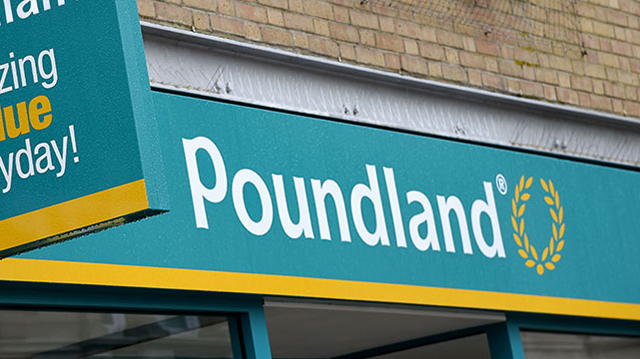Hooray for cheap money. Small, medium and even some large investors are buttressing a somewhat shaky investment market that has been spooked by the downturn in equities, and the resultant vacillation of the property funds.
Cheap money is good for borrowers – but bad for savers. The life and pension funds act as custodians for the nation’s savings. Low interest rates make it tough for them to provide healthy returns. So does the falling stock market. That has brought a property-specific problem: pressure to sell stock when the proportion of property in the fund to the whole breaks pre-agreed limits.
This penny-wise policy has provided opportunities for the debt-driven market. But it would be foolish to imagine that short-term fund sales are the real driver. Back to cheap money: the sums have not added up like this for a generation. Investors can borrow every £100 at an interest cost of around £6 pa, fixed for, say, 10 years. That can be used to fund a property that has long-lease tenants paying rents equivalent to £7.50 pa for each £100 invested. Capital growth? A bonus.
This financial set of conditions first sketched out here (31 March, p35) is having its effect. Jones Lang LaSalle/Investment Property Databank figures (p187) show that bargain hunters snapping up fund fire-sales helped to boost first-quarter auction receipts by 25% over last year. Outside the saleroom, it is harder to quantify the figures. But the anecdotal evidence is that those looking for a safer haven than the stock market are buying.
Retail, long unfashionable, is returning to favour. Funds still seem to be selling (p41). Finance-driven opportunists are happily buying. How long before the funds stop dithering?
Countryside revolution could emerge like a phoenix
In the countryside it will get worse before it gets better. Fears expressed here (14 April, p19) about the fate of rural surveying practices have been confirmed by an RICS survey: one in five have had to lay off staff (p63). Spare a thought for them.
Hopes expressed here at the same time for a countryside revolution seem even brighter. Then the government was talking about a Royal Commission. Now the pre-election leaks talk of a ministry for rural affairs and subsidies that pay for managing the land, not for producing food. This all now feels inevitable. Speak it softly, but a loosening of planning restrictions also seems likely.
In the short term, foot and mouth has brought a huge amount of work for some – surveyors who work for the Valuation Office Agency. The VOA is hard pressed to cope with over 70,000 appeals to reduce the rates for F&M-affected businesses (p38). Perhaps it ought to ask rural practices for help?










